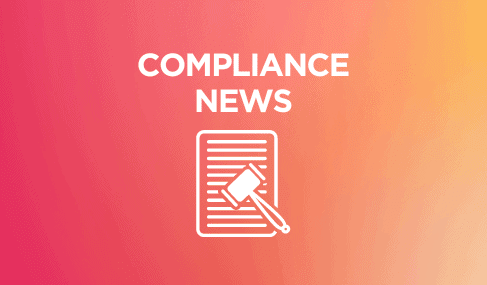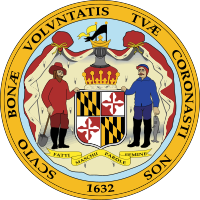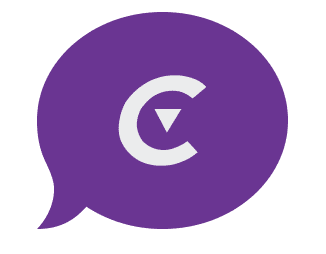
After unanimous votes in the state’s House and Senate, Maryland Governor Wes Moore has officially signed the Stop the Spam Calls Act of 2023 into law.
With his final approval secured, the state’s own “mini-TCPA” bill is set to take effect on January 1, 2024. But what does the new law mean for those placing outbound calls and texts within the state?
What’s in the Stop the Spam Calls Act of 2023
For starters, the law includes state calling restrictions similar to what many of the latest “mini-TCPAs” have enacted and what others already have in place:
- Calling hours are restricted to 8:00 am and 8:00 pm in the recipient’s time zone.
- Callers are limited to placing a total of three calls and texts to the same party within a 24-hour period. Note: this limit includes calls made with the party’s consent.
- Additional prohibitions are made to combat and penalize caller ID spoofing.
Violations of each of the Act’s provisions will be considered unlawful under the state’s main consumer protection act, authorizing civil penalties of up to $2,500 per violation.
Autodialer Definition at the Heart of Maryland’s Mini-TCPA Bill
In addition to these items, however, a change in the definition of autodialer is the provision call center operators will want to pay the most attention to.
As Eric Troutman reported at TCPAWorld back in January, Maryland’s bill includes the same broadly worded definition of autodialer as the mini-TCPAs previously enacted in Florida and Oklahoma. (The catch: after driving a high number of nuisance suits against callers, Florida recently amended its law to narrow its autodialer definition.)
The Stop the Spam Calls Act of 2023 in Maryland restricts the use of an autodialer as a system that selects OR dials numbers. This “or” is crucial, as it’s what’s caused most of the headaches for callers in Florida and Oklahoma courts.
As compliance attorneys John C. Nelson, Jr., and Ken Payson of Davis Wright Tremaine write:
“While laudable at first glance, Maryland’s “Stop the Spam Calls Act of 2023” will in effect introduce vagueness and uncertainty regarding what telephone and text message marketing activities are prohibited and increase the likelihood of nuisance suits that for years have plagued federal TCPA compliance.
The law, they write, opens the door to arguments that a party’s dialing or texting platform will qualify as an “automated system” even if it is not a federally defined “autodialer,” which only selects telephone numbers from a predetermined list or enables the calling party to manually select or dial a phone number.
Take a Proactive Approach to TCPA Compliance
The new Maryland law’s enactment emphasizes just how closely state legislatures are focusing on outbound calling regulations.
As the patchwork of different state laws across the country becomes ever more complex, taking a proactive approach to TCPA compliance only becomes more important for today’s contact centers.
Be sure that you’re working with expert counsel to plan a response to the Maryland law and others like it around the country. And meanwhile, be sure to partner with a dialer offering the tools you need to simplify outbound compliance management.
Stay on top of the most critical contact center compliance updates. Get a recap of the latest compliance news delivered monthly to your inbox. Subscribe here >
DISCLAIMER: The information on this page and related links is provided for general education purposes only and is not legal advice. Convoso does not guarantee the accuracy or appropriateness of this information to your situation. You are solely responsible for using Convoso’s services in a legally compliant way and should consult your legal counsel for compliance advice. Any quotes are solely the views of the quoted person and do not necessarily reflect the views or opinions of Convoso.

